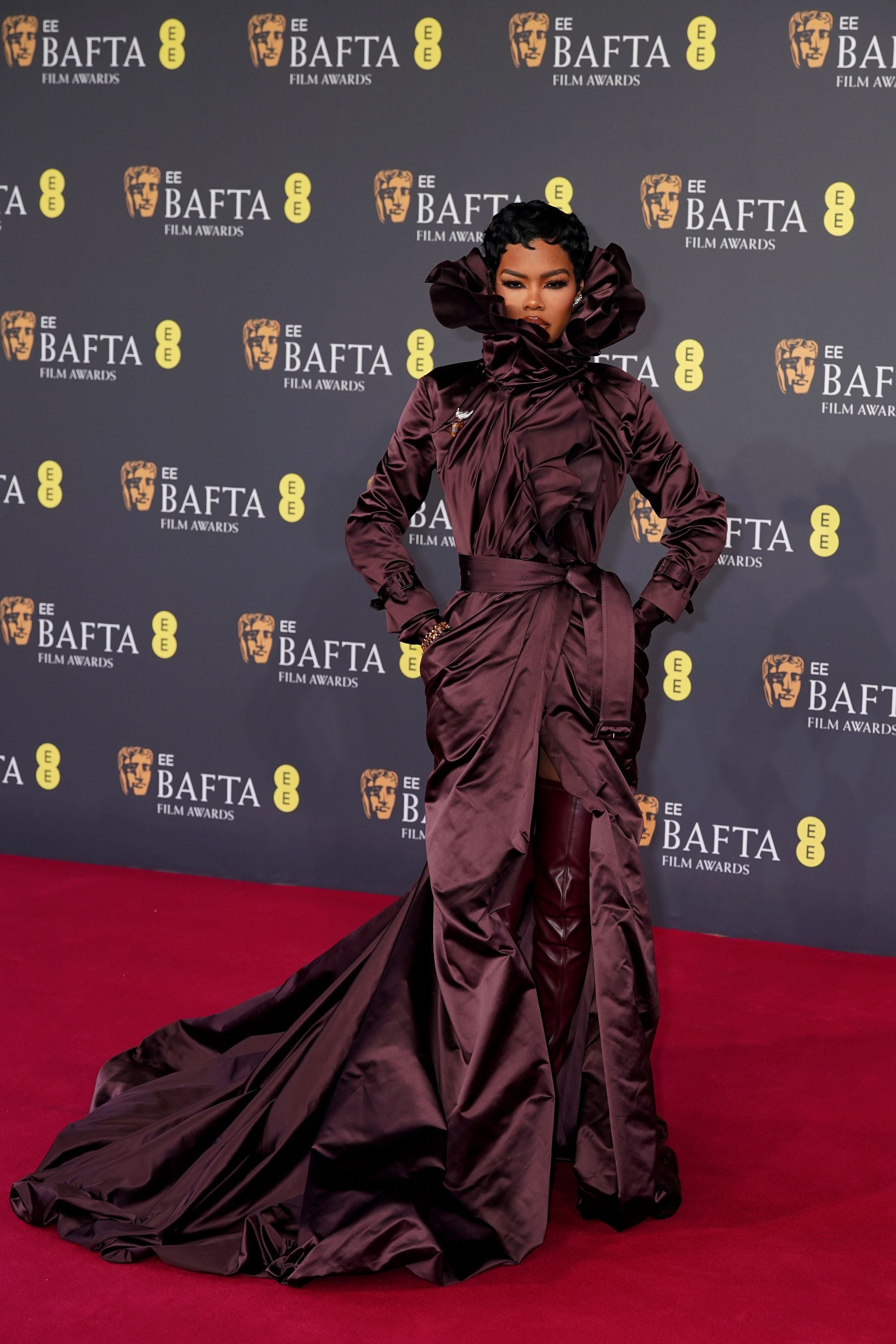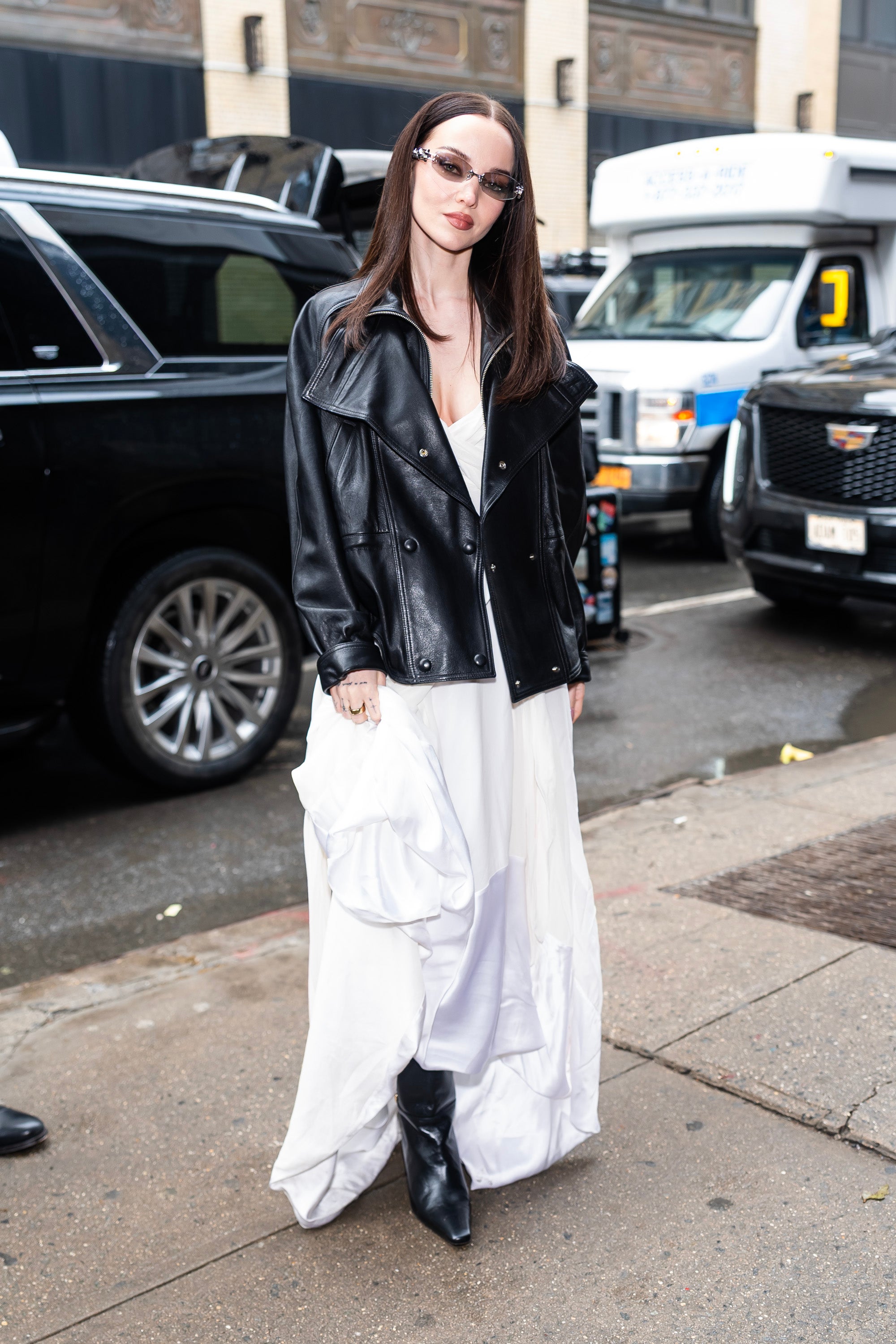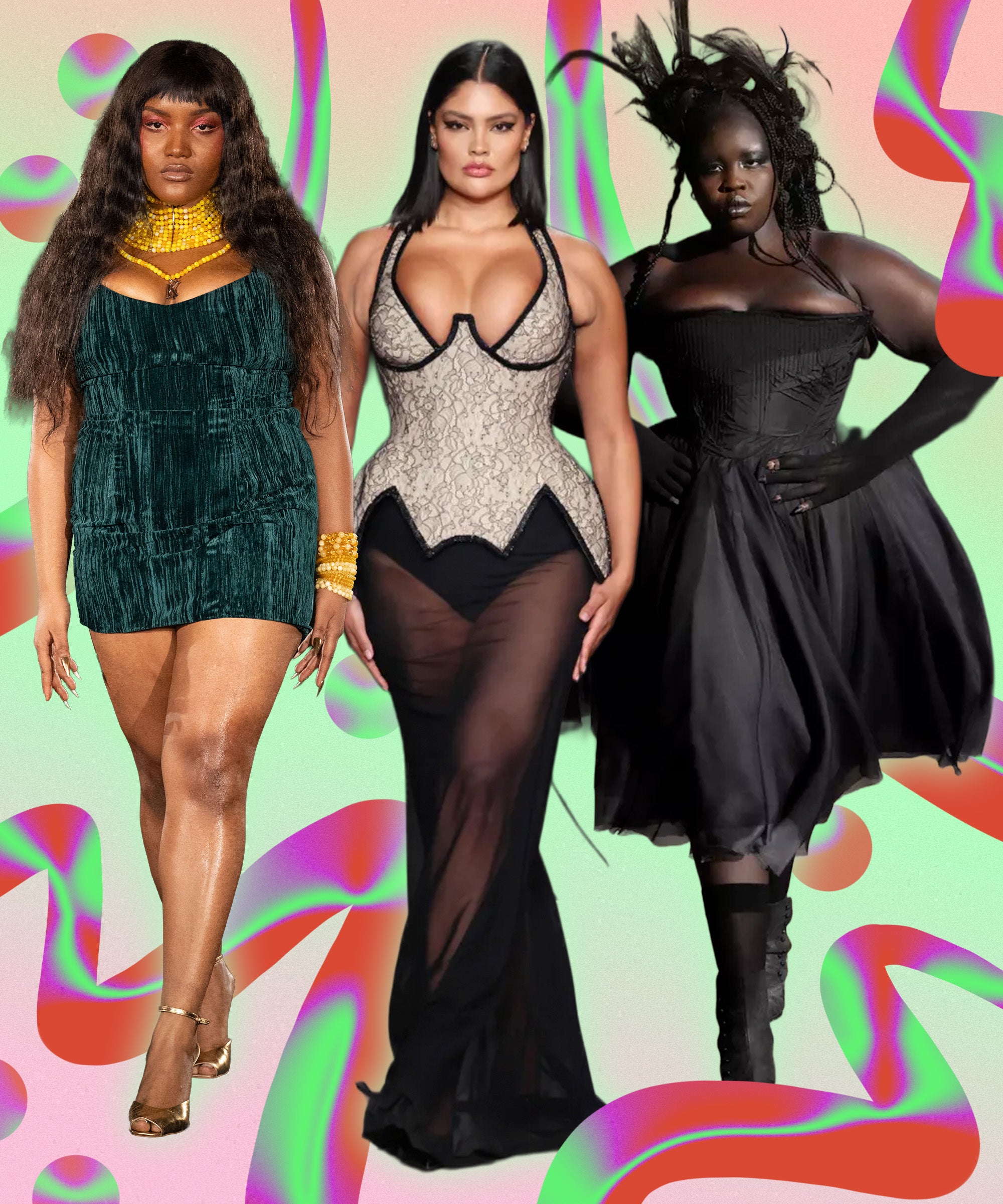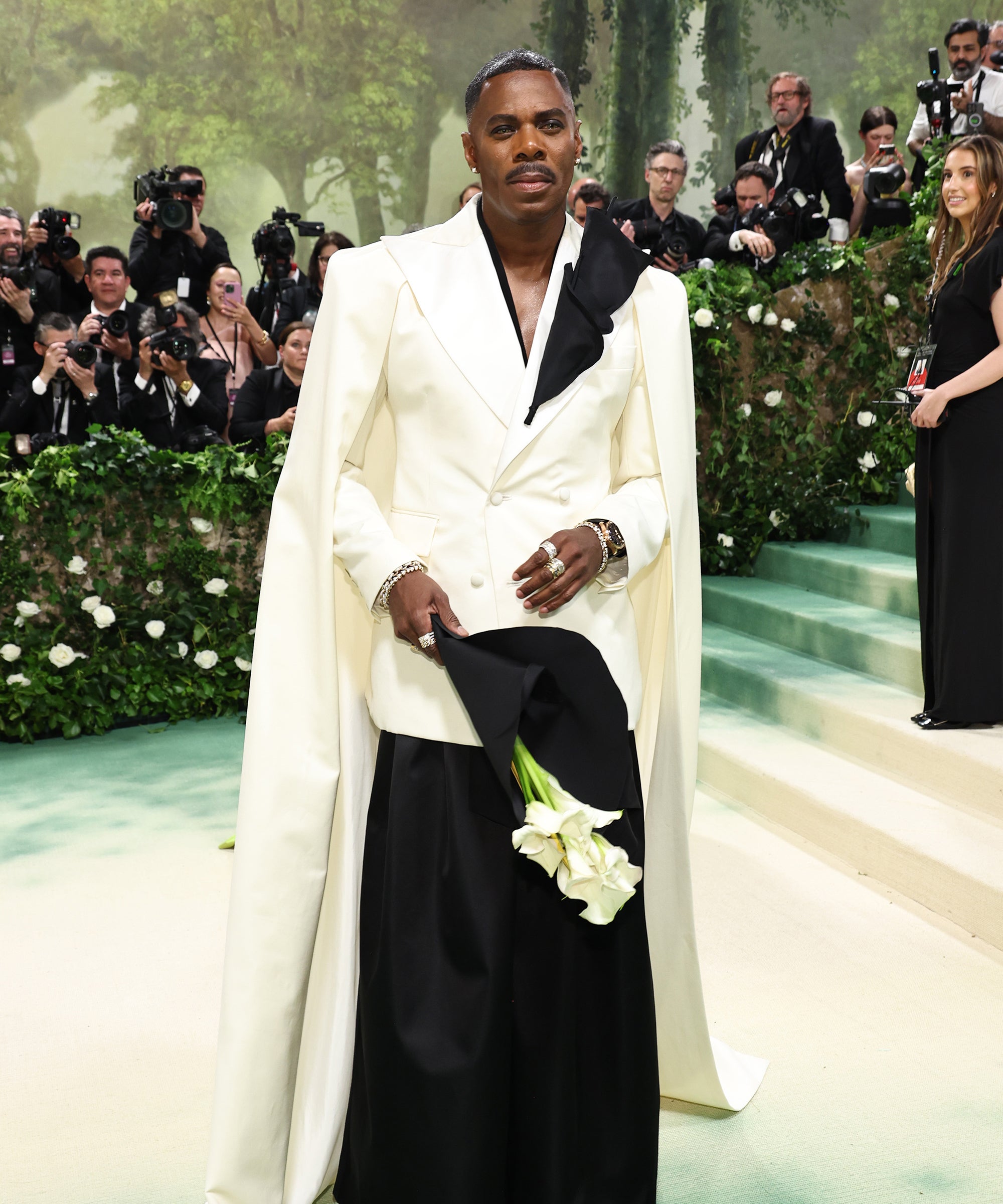
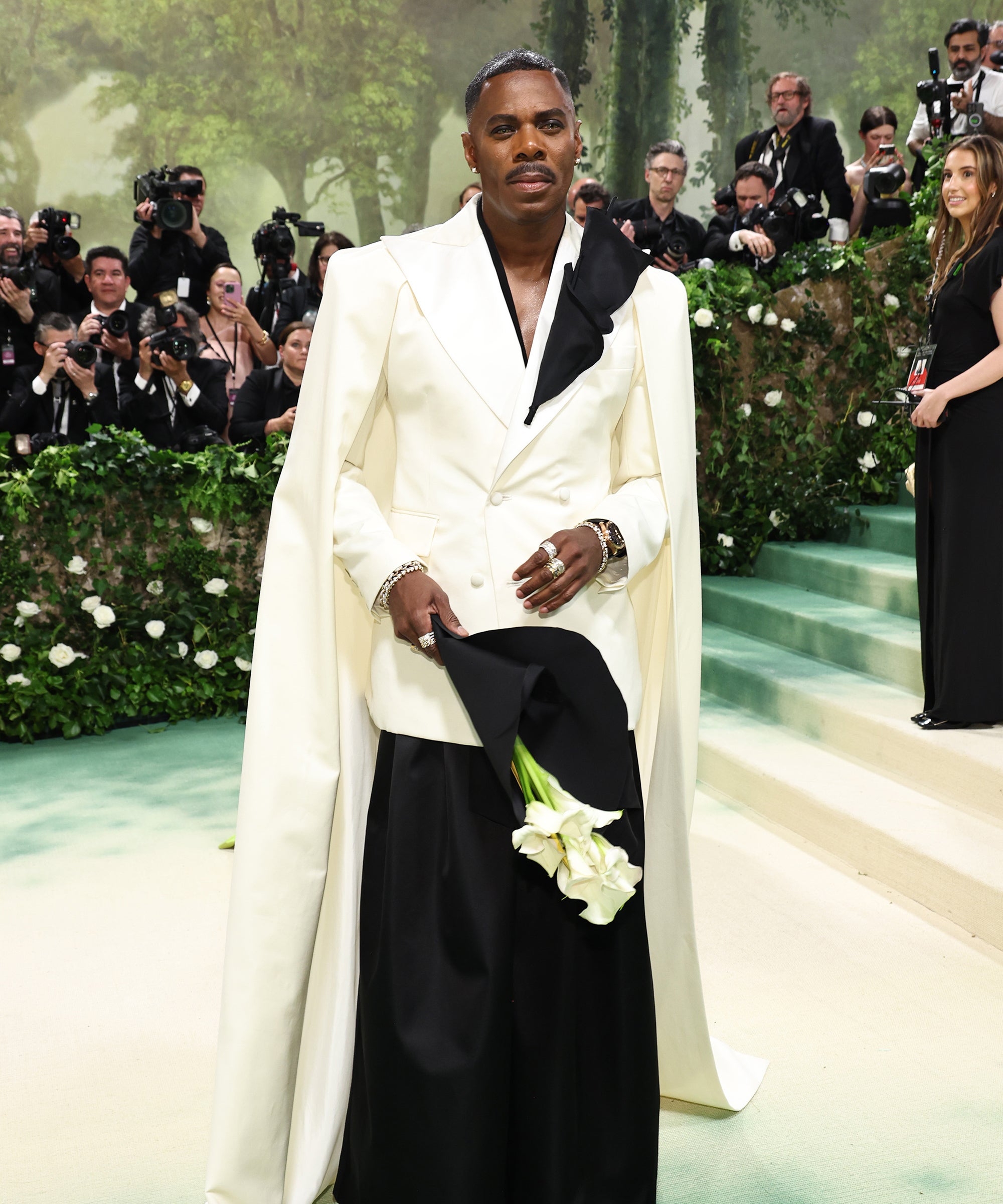
The biggest night in fashion is upon us. The 2025 The Metropolitan Museum of Art Costume Institute Gala, best known as the Met Gala, is Monday, May 5, and this year’s theme is “Superfine: Tailoring Black Style.” It’s an ode to Black dandyism in all of its refined and sophisticated glory.
The theme is inspired by Barnard professor and guest curator Monica L. Miller’s 2009 book Slaves to Fashion: Black Dandyism and the Styling of Black Diasporic Identity. But prior to the theme reveal, those not in the trenches of fashion may have never even heard of Black dandyism. But most likely, they could identify it: a well-tailored suit, hard-bottom shoes and a flamboyant hat or walking cane to bring it all together.
The Met will “illustrate how Black people transformed from being enslaved and stylised as luxury items, acquired like any other signifier of wealth and status, to autonomous self-fashioning individuals who are global trendsetters,” according to Vogue.
This year’s Met Gala co-chairs are Colman Domingo, A$AP Rocky, Lewis Hamilton and Pharrell Williams. Each of their respective styles is an example of modern day Black dandyism. And even though that may paint a picture, that doesn’t exactly define Black dandyism. Before Monday’s big event, here’s a definitive guide to this year’s theme.
What is Black dandyism?
On its surface, a dandy is defined as “a man unduly devoted to style, neatness, and fashion in dress and appearance,” as noted by the Oxford Dictionary. But historically, dandyism has roots in 18th century Britain when enslaved Black people were used as accessories for white people to flaunt their wealth. During the transatlantic slave trade, enslavers dressed Black people in extravagant clothing and paraded them around, calling them “luxury slaves.” It was used as a dehumanizing form of minstrelsy that further objectified Black men.
As time went on, Black people reclaimed Black dandyism. What once was used to demean us became a subversive tool for resistance throughout the diaspora. Historical giants Booker T. Washington and W.E.B. DuBois used fashion to command respect, dignity and authority during the Reconstruction and post-Reconstruction eras.
During the Harlem Renaissance, Zora Neale Hurston, Langston Hughes, James Baldwin and others continued the tradition of dandyism, pushing for both revolution and agency with their own style. Their fashion wasn’t asking for permission, rather running to the edge of social convention and daring the rest of the world to keep up.
Fashion historian and assistant curator of The Cleveland Museum of Art Darnell-Jamal Lisby told CDFA that Black style has long been a tool to communicate and navigate power.
“It forges cultural expressions independent of Eurocentric definitions,” he said. “Black dandyism, in particular, carves out identity – at times rejecting Eurocentric ideals and at others existing within or alongside them. This refined self-styling conveys Black agency and consciousness.”
Even to this day, we see Black dandyism as a bold form of expression and rejection of the boxes society aims to keep us in. It’s evolved to include more contemporary interpretations, including streetwear and haute couture.
What are some modern examples of Black dandyism?
Today’s dandyism emphasizes bold colors, extravagant accessories and unique tailoring, but is still rooted in Black self-expression. Along with the co-chairs, great examples of modern day those who draw from dandism are Janelle Monáe with her perfectly-fit suits, Ayo Adebiri and her red carpet looks (often courtesy of Thom Browne), and Jidenna in his “Classic Man” era. Vogue’s May issue, captured by Tyler Mitchell and styled by Law Roach, features Domingo, Rocky, Adebiri, Monáe, Lakeith Stanfield, John Batiste and more Black stars breaking down their interpretation of dandyism.
Pharrell along with André 3000, a host committee member, and Big Boi of Outkast have helped reshape dandyism from a hip-hop lens, leading to younger acts like Tyler, the Creator to adapt the style. Playwright Jeremy O. Harris called himself a dandy, in a recent Vogue essay, “To be a Black dandy is to dress as though you know you’re loved and therefore have no use for shame.”
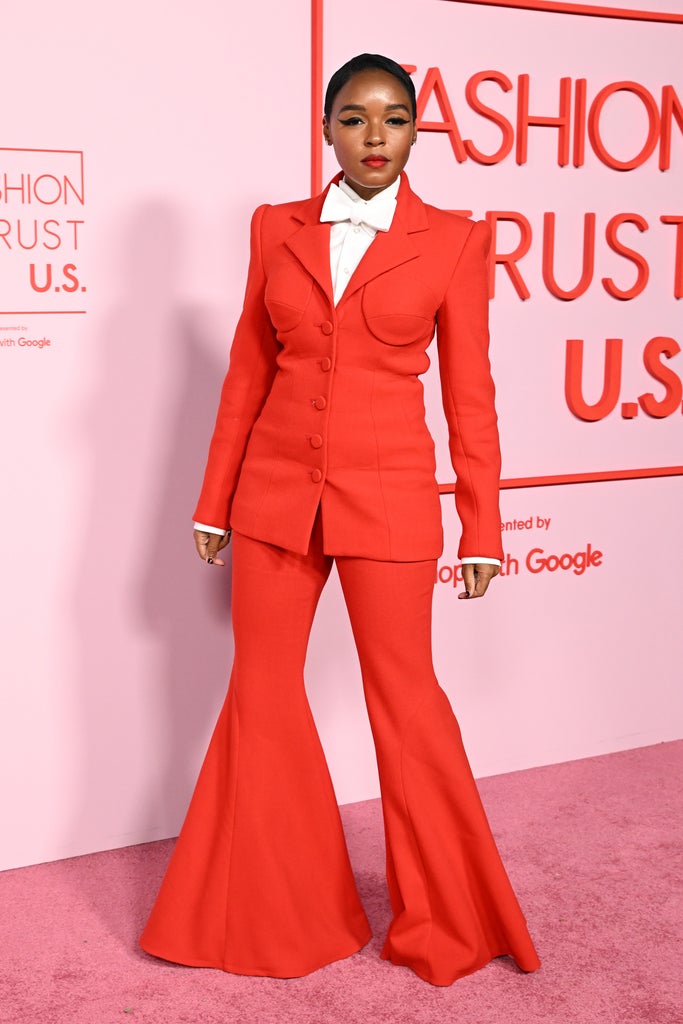
Fashion icons Dapper Dan, also a host committee member, and June Ambrose are also exemplary dandies whose impactful contributions have helped the style evolve over the years.
It must also be noted that one of the most prolific recent examples was the late André Leon Talley. The Vogue editor and fashion icon was the magazine’s first Black male creative director. His passion for fashion and tailoring was apparent, as his voice became the one you wanted to hear every Met Gala up until his death in 2022. And it’s a voice that will be deeply missed this year as the theme feels like it was made especially for him.
Why is this year’s Met gala theme important?
On fashion’s biggest night, all eyes will be on the attendees paying homage to a timeless style with roots in Black history. It’s the first time in more than 20 years that the exhibit exclusively features menswear. It’s also the first time in history that the co-chairs of the Met Gala are all Black men, with LeBron James as honorary co-shair.
The actual exhibition will tell the story of Black dandyism’s evolution over time through clothing and accessories, showcasing the work of designers like Virgil Abloh and Grace Wales Bonner. It will also highlight style in living rooms, lecture halls and night clubs. The exhibition opens on May 10 and runs until Oct. 26.
“Dandyism can seem frivolous, but it often poses a challenge to or a transcendence of social and cultural hierarchies,” Miller, who’s also professor and chair of Barnard’s Africana Studies Department, said in a statement. “It asks questions about identity, representation, and mobility in relation to race, class, gender, sexuality, and power. This exhibition explores dandyism as both a pronouncement and a provocation.”
This year’s theme also comes at a time when diversity, equity and inclusion initiatives are under legislative attack, leaving even non-federal organizations folding under the pressure. Add onto that the fashion industry’s less than welcoming reputation for inclusivity.
Met curator Andrew Bolton told Vogue that this show signifies a big step in the museum’s commitment to diversity “as well as redressing some of the historical biases within our curatorial practice.” He continued, “It’s very much about making fashion at the Met more of a gateway to access and inclusivity.”
The theme is Black as hell. What could go wrong?
This is the first time a Met Gala theme will be honoring Black style specifically. Though the moment is celebratory and long overdue, it’s giving some pause. Historically speaking, many white people have had a hard time — or just been plain ignorant — about the line between appreciation and appropriation of Black culture. From cornrows to trends deemed as “ghetto fabulous,” all too often we’ve seen mainstream culture co-opt and capitalize off of Black culture while simultaneously villainizing those who created it.
Though the dress code is “Tailored for You,” a nod to the exhibition’s focus, some social media users fear there will be non-Black attendees who may make racist and egregious choices. (Blackface isn’t totally outside of the realm of possibilities, unfortunately, some believe.)
One person on X said “I’m still nervous about this Met Gala theme [because]it can get real racist, REAL fast.” Some have also noted that they will be keeping their eye out for notable figures who should be at this year’s gala but have never been invited in years prior. Bria Van Cooten posted a TikTok video calling out the Costume Institution for never inviting Ambrose, an influential dandy and costume designer. While things could go sideways, it is refreshing that this year’s theme is honoring the impact of Black style. Let’s hope white celebs read the room and approach their outfit choices wisely, and with the reverence the theme deserves. Overall, viewers just want to tap into their inner Miranda Priestly, not their inner Jesse Jackson.
The Met Gala will take place on Monday, May 5 in New York City. Viewers can watch live coverage on Vogue’s YouTube channel, E! and Peacock at 6 p.m. ET. And keep it locked to @r29unbothered on Tiktok and Instagram for our coverage!
Like what you see? How about some more R29 goodness, right here?
A Tribute To The Best Met Gala Looks Of All Time


